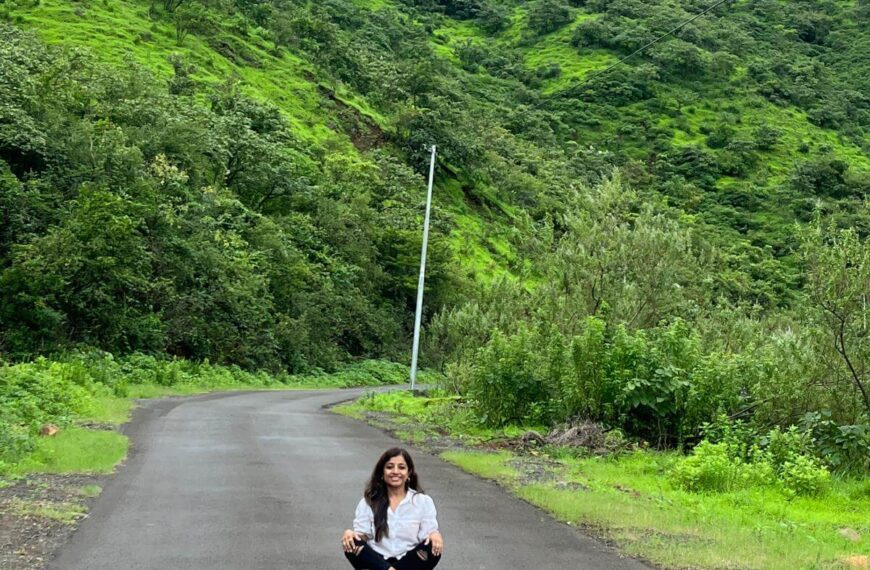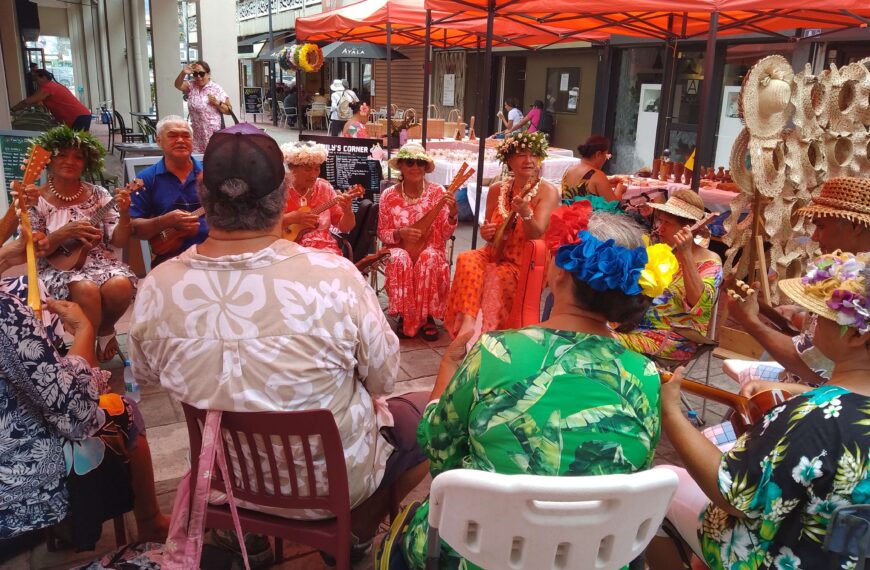Mita reminisces a recent visit to Bangladesh and her visits to Dacca, Cox Bazar and Chittagong (her forefather’s land). She weaves history in this travelogue. The pristine beauty of her inherited memory, caught in a time wrap and romanticism of her forefathers’ time, is perhaps a far cry from harsh realities. But, the warmth of the people, their loving care and camaraderie is something to write home about. The author had visited Kasi Nazrul Islam’s grave; Different Truths pays homage to the great poet on his birth anniversary today (May 25).
Crossing manmade barriers,
Barriers called borders,
Avenues greet,
Trees by the roads, above does meet,
Bonding in fondness,
A symbol of attachment,
An inimitable gesture of welcome,
A hearty salutation.
As the bus neared the border, meandering through the narrow roads, the natural alignment of trees on both sides of the road created a heart-warming sight, as if proclaiming the bond of fondness between the two countries India and Bangladesh. This stretch continued for a long distance beyond the border, till the River Padma ferried our bus across in a huge tanker.
A darling of the devastating storms of the century, a space separated by international border line in the maps, a name so close to my heart, a name that gives me a chance to hear my mother-tongue in the great cricket-fields around the world, a land of my ancestors-Bangladesh, a country for the Bengalis has since long existed in my travel dreams. It was like a journey to the roots, a visit to feel the narration of our grandparents, parents and all elders, who were once a part of Bangladesh. It was like travelling to a part of our country torn apart by political diplomacies, in the name of religious differences and named East Pakistan in 1947, a country, whose students through the Bengali Language Movement earned the right of Bengali as the Official State Language in 1956, an event which led the UNESCO to declare 21st February as the International Mother Language Day for the whole world to celebrate, as a tribute to the language movement. This movement asserted the prominence of Bengalis in the national identity of Pakistan and led to the Bangladesh Liberation war in 1971, and Independence of Bangladesh was declared on March 26, 1971.
Leaving behind the soothing greens, the bus was caught in the infamous traffic congestion of Dhaka. My tour began with a visit to the Dhaka University Campus. Paying homage to the great poet, Kazi Nazrul Islam’s graveyard, on his 113th birth anniversary, on May 25. The place evoked memories of the bhasha-shahids (language martyrs), who laid their lives during the language movement. The central Shahid Minar stood as a mark of respect to them. The sculpture works of the Fine Arts department of the university was a feast to the eyes.
Stopping at Bangabandhu Sheikh Mujibar Rahaman’s house took me back to that brutal morning of August 15, 1975, when he was assassinated, along with 20 members of his family. His house, preserved as a museum, was left it in the usual condition, without any renovation or rearrangement. It brought back the day of glory of a great leader.
The intense summer heat of Dhaka was not enough to reduce the warmth in the hearts of the people of Bangladesh. My heart melted with their cordiality and camaraderie. There wasn’t a single bad experience, while roaming about in a completely unknown place. I felt connected to my ancestors. The country felt like a home.
The next destination was Cox’s Bazar, the longest natural and unbroken sandy sea beach. It is named after Captain Hiram Cox, an officer of the British East India Company. He was very popular with the local people of the area as he made significant progress in rehabilitating refugees. He died in 1799 and a market called Cox’s Bazar was established in his name.
As the bus from Cox’s Bazar crossed the huge bridge built over River Karnaphuli, many memories of my childhood stories rushed back.
My father’s homeland is Chittagong. Since childhood, I heard many stories of the revolutionaries and armed uprisings, led by Master-da Surya Sen, during the 1930s. It was also an important military base and supply point for Allied Forces during the Burma Campaign in World War ll. All these I heard from my father.
I stared at the congested, busy industrial port city that Chittagong now is sadly. My inherited memory, based on the many stories of my forefathers, eulogises things, makes it far more romantic than the harsh reality. There is a time wrap, a freeze in the memory. Realities change.
But, the only beauty that remains is the far off hills. These gives the city a surreal aura. I visited “Mini Bangladesh”, where replicas of all important places of Bangladesh are showcased.
Much remained to be explored. I returned with a promise to myself that I would soon return to spend more time with the interesting culture and wonderful people of Bangladesh. My journey would not be complete, if I do not mention the two families I stayed with during my stay in Bangladesh. The Huq family in Dhaka and the Mahmood family in Chittagong. They, my facebook friend and a notable poet in Dhaka, Lina Ferdows, and all the people I came across, possess hearts of gold.
They made me realise that Islam and Hinduism might be different religions but there is no barrier between common people. They follow only one religion, the religion of mankind. And they do so, resonating their national poet Kazi Nazrul Islam, “Mora ek e brinte duiti kusum, Hindu Musalman (Hindus and Muslims, we are two flowers of the same plant)”.
[metaslider id=4705]
©Mita Roy
Pix from Net.






